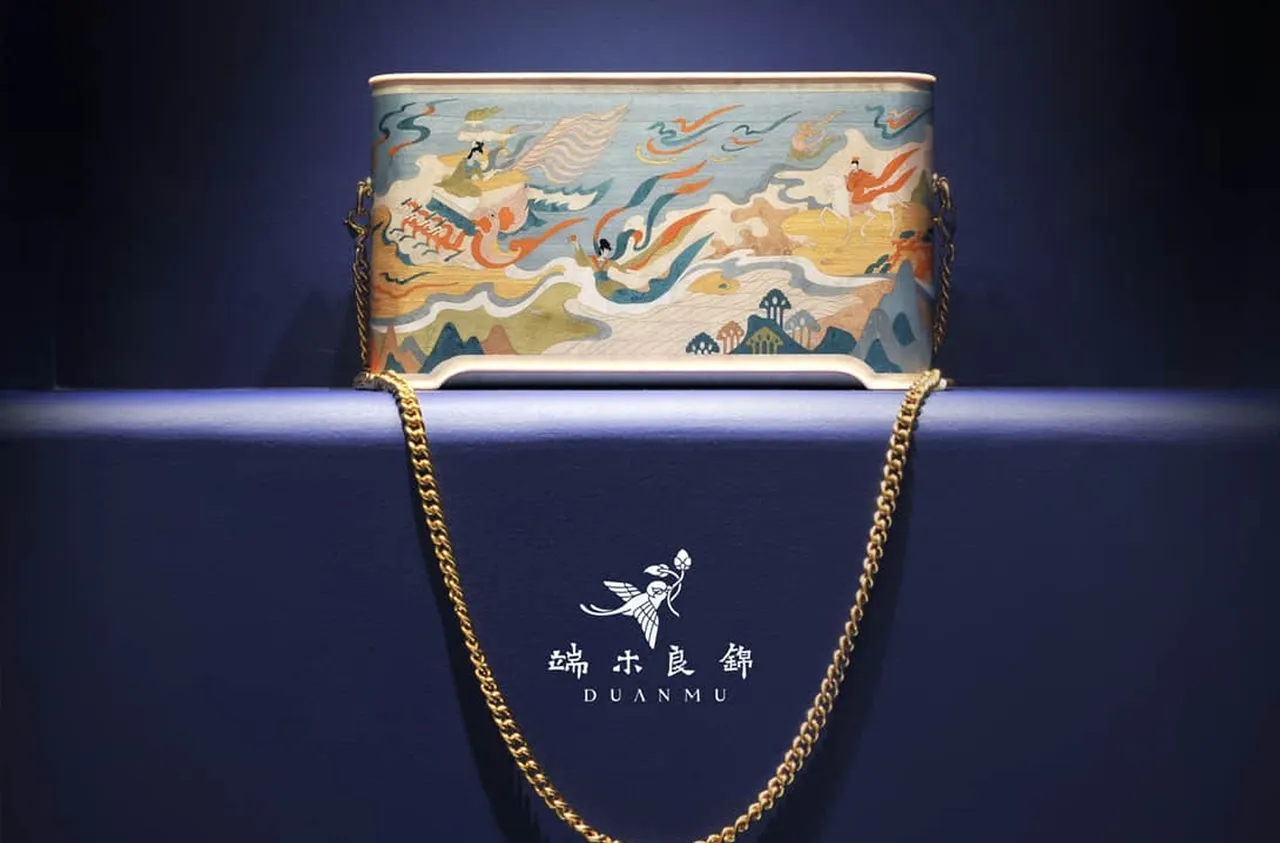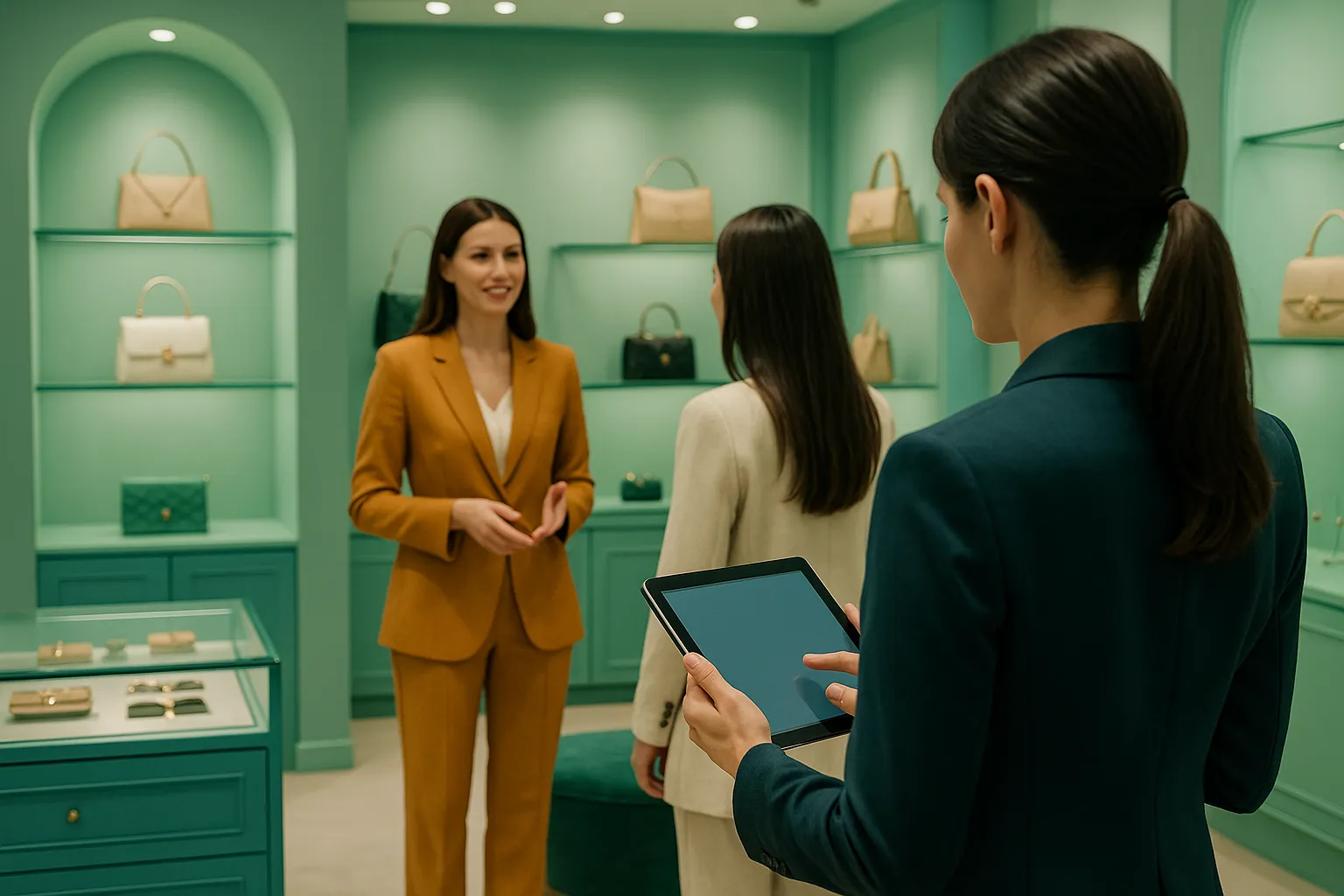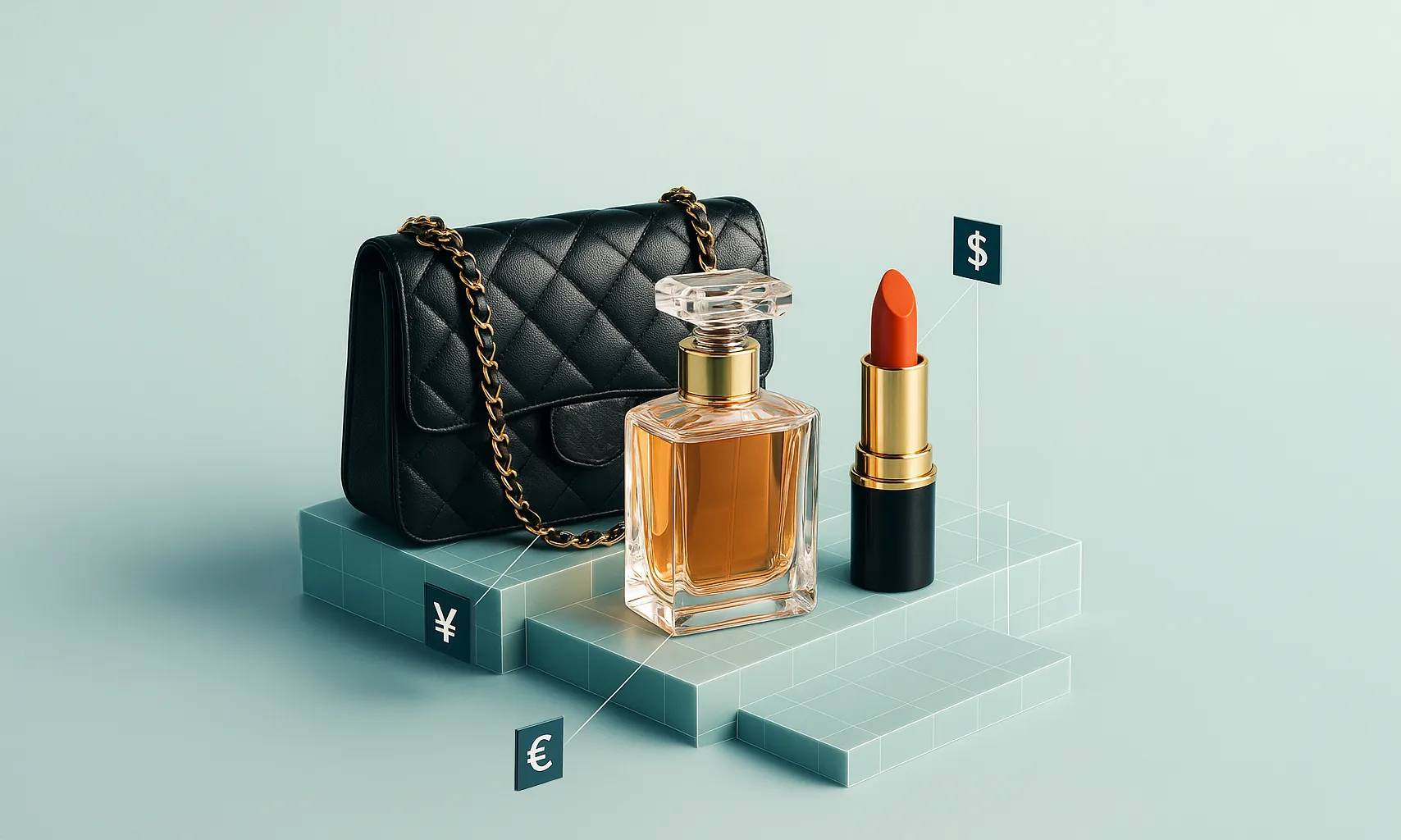Luxury Brands And Social Media: When Less Is More
One of our clients, luxury fashion brand Bottega Veneta, welcomed in the new year with a power move, and it might just be alluding to more than a social media #detox.
The fashion industry — particularly the catwalk shows — has been under scrutiny for years, with many questioning their relevance in a digitally-driven world. Perhaps acting as the catalyst, the pandemic has forced companies to a standstill, leaving adaptation the only viable route to success. By embracing new technologies via the salience of social media, brands can profit from modernized marketing strategies through the art of storytelling and intelligent partnerships.
So why would a brand as influential as Bottega Veneta shun a vital marketing tool? Some argue it’s a publicity stunt; others proclaim it’s to enhance exclusivity. Maybe it’s to quiet the noise contributing to digital fatigue, or perhaps it’s a little more strategized than that. In an oversaturated market, where companies are aggressively competing for algorithmic nepotism, Bottega Veneta seems to be operating a different approach: user-generated influencer marketing. By removing their own voice, they let their advocates do the talking.
The Evolution of Luxury Consumption
Previously, high-end brands had a simple purpose: create a superior, exclusive product to maintain the status quo of the rich and famous. Today it’s a different story. Growing up in the Internet era, this new-generation luxury consumer is seriously concerned with social and environmental causes. Whilst quality remains essential, they elect to support their beliefs with their purchases and favor brands that align with their values: ethical consumption, inclusive communication, truth and transparency.
The Altruistic Customer
Representing $350 billion of spending power in the U.S. alone, young consumers are better educated, technologically native and hyper-aware of advertising. Gone are the days of cheesy, disingenuous jingles from the ’80s — in replacement are meaningful narratives and purposeful partnerships.
Millennials and Gen Z have been overexposed to aggressive advertising tactics for most of their lives, leaving them tired of being so obviously sold to and deeply distrusting of corporations. They trust peer recommendations over a company’s website and opt for consequential purchases that make an impact on the world around them.
To resonate with activist-driven consumers, corporations attempt to create important marketing campaigns that often materialize as tone-deaf. When a movement occurs (i.e., BLM, #MeToo), brands have been accused of virtue signaling as a means of profit instead of genuinely raising awareness. Whilst luxury brands must reinvent themselves to appeal to a new generation of shoppers, it’s imperative that the messaging is honest.
People Trust People
Boasting a billion-plus active users per month, Instagram offers brands an unrivaled opportunity to reach new and diverse customers through user-generated content. Predicted to become a $15 billion industry by 2022, influencer marketing has proven more effective at engaging audiences than traditional advertising. The notion that your brand is not what you say it is — but what other people say it is — dominates.
Social media democratized fashion — from content creators to critics. Early fashion bloggers paved a fashion-outsider-but-expert voice. They were relatable, trusted, and as their following grew, so did their influence. By embracing technology and powerful collaborations, brands can produce unforgettable, highly personalized experiences for their customers, demolish traditional gatekeepers of the fashion industry, and enable more opportunities that allow unique individuals and companies to build their own niche and reach previously unobtainable markets.
Influencer-follower relationships are dynamite. The average content creator has the freedom to devise their own material on their own terms, unlike restricting corporations. Subsequently, the audience feels more connected to the personable influencer and invested in their messaging — something businesses cannot emulate.
Bottega Veneta’s Future Without Social Media
Bottega Veneta’s maneuver to withdraw from social media is compelling. The general consensus is to be where your customers are, and clearly they are on social platforms. However, by deploying the “no marketing” marketing approach, Bottega Veneta is deciding to not disappear from social networks but rather use them differently.
In a space overloaded with endless content, Bottega Veneta eliminates competition for likes and instead incites the power of silence, invoking mystery and intrigue. By returning to word of mouth — or carefully rendered photos from advocates and customers — the brand allows its products and audience to do the talking.
The invisibility method is not new. Brands such as Rolls-Royce use social sparsity to their advantage; their ubiquity is achieved through their customers without risking overexposure. Some could argue it’s genius, as only exclusive fashion folk in the know will discuss the brand: “Only the most palatable-yet-idiosyncratic influencers understand creative director Daniel Lee’s aesthetic enough to make it seem accessible. You have to be cool to know about Bottega and even cooler to actually wear it — not to mention moneyed enough to purchase its wares,” reports W Magazine.
Endorsing celebrities such as Rihanna (97 million-plus followers on Instagram) and Kylie Jenner (238 million-plus) to make announcements and reveal products creates excitement and grants the brand access to a wider, more diverse reach. However, choosing the right advocates is vital. If the partnership is not genuine, the message will be inauthentic, causing customers to feel distaste toward the brand — and the influencer. Content must align with both the company’s mission and the influencer’s branding.
Conclusion
Is Bottega’s disappearing act a mark of bravery or madness? Some argue it’s brilliant as it frees up space for a restless brand to channel its digital megabudget into other, potentially more innovative projects. Truth is, social media is converging into a monotonous cycle of repetitive content as brands have little room for creativity — but influencers have plenty, and often with a greater audience reach.
Either way, if Bottega Veneta decides to make its way back onto the networks, they’ve certainly created a powerful publicity narrative and have placed themselves at the forefront of conversations. You never know, maybe the rejection of social media will become a trend in itself. Perhaps the act of going off-grid will encourage traditional conventions of luxury to triumph once again.



